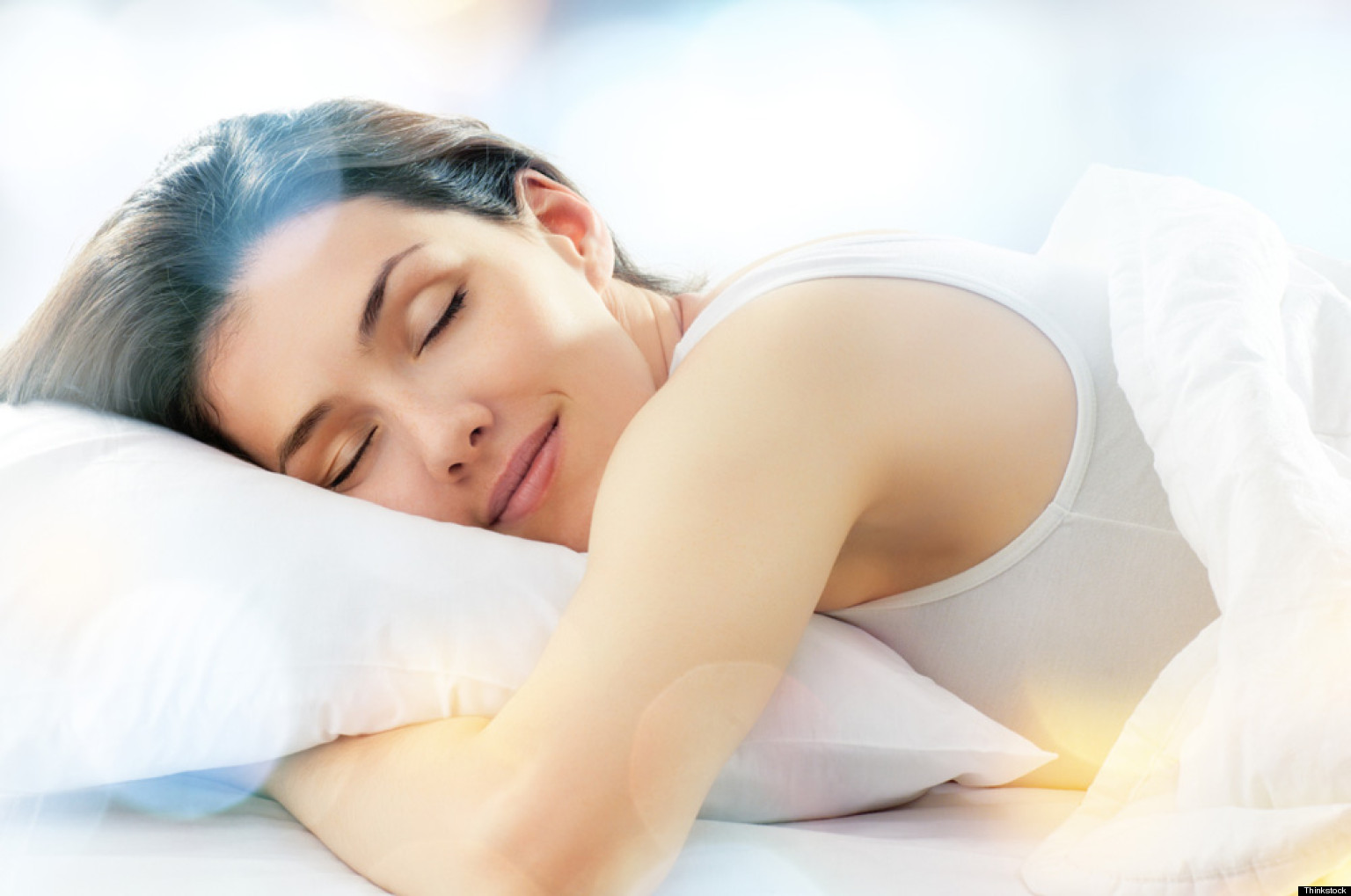An old handheld device for managing time – a pillow.
An older strategy was to sleep one hour less and get more done. The newer strategy is the exact opposite: sleep one hour more and get more done.
In the years that intervened, as Daniel Levinson expresses in his book, The organized mind, it has been shown by research that sleep is among the critical factors for peak performance, memory, productivity, immune function and mood regulation. And the average individual gets at least one hour less sleep today than he or she did 50 years ago.
The expectation of individuals that they should sleep soundly for seven or eight hours prompts many to seek out sleeping pills, which have been shown to be addictive and have side effects – including interference with memory consolidation – and cause them to be drowsy and unrested in the morning. The National sleep Foundation reports that 25% of Americans take some form of sleep medication every night.
In one study, sleeping pills only allowed individuals to sleep 11 minutes longer a night, and poor quality sleep at that. And according to literature on the topic of sleeping pills, it appears that the risks outweigh any benefits. One study, reported in the BMJ open Journal, found that regular sleeping pill users were 4.6 times likelier to die prematurely.
Thomas Wehr, a scientist at the U.S. National Institute of Mental Health, showed that without artificial light, people tend to fall asleep about two hours after the room goes dark, sleep for about four hours, stay awake for an hour or two, and then sleep for another four hours. Whether you take two minutes or two hours to fall asleep, it’s still normal. Not everyone has the same sleep cycle, and it’s the amount of time you sleep, not the amount of time you spend in bed, that is critical.
Seven hours of sleep a night is considered to be a healthy minimum and anything less them six hours is considered to be sleep deprivation – along with its adverse effects. One of these effects is to leave you with less energy, and less likely to perform at your peak, and therefore less productive.
If you value your health, your time, and your personal productivity, you should also value your sleep – and you should see it as an important strategy in getting more accomplished in the time at your disposal. Sleeping off the job will keep you from sleeping on the job.
Since adequate sleep also has a bearing on your longevity, it could very well increase the time at your disposal as well.



Recent Comments